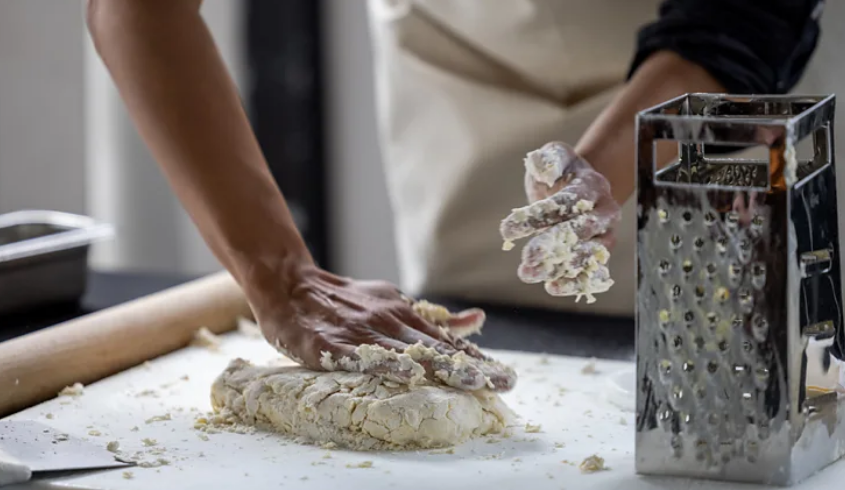Grammy and Pulitzer Prize-winning musician Rhiannon Giddens has turned a personal pandemic obsession into a cultural celebration, launching a new festival that unites two of her lifelong passions: music and food. “Biscuits & Banjos,” her newly founded event, explores the intertwined legacies of Black Southern music and cuisine.
Best known for her work spotlighting the African roots of American folk and country music, Giddens found herself far from home in 2020 during COVID-19 lockdowns in Ireland. Craving a taste of her North Carolina roots, she embarked on a five-year quest to perfect the Southern biscuit—a flaky, buttery staple that holds deep cultural significance across the American South.
“Biscuits became my obsession,” Giddens said, recalling her search for the right ingredients in her adopted city of Limerick. She tested combinations of European flours and Irish Kerrygold butter, adapting a Southern Living recipe until she found her signature method. Her process includes freezing ingredients, hand-folding the dough, and baking on pre-heated pans at 475°F for the ideal rise and crisp finish. “The biscuits went poof,” she said, describing her first successful batch.
But this wasn’t just about food. As Giddens baked, she was also creating. During those same years, she co-produced the Grammy-winning album They’re Calling Me Home, composed for the Pulitzer Prize-winning opera Omar, and collaborated on Beyoncé’s Texas Hold ‘Em. Along the way, she began drawing deeper parallels between culinary and musical traditions.
“Food and music have similar cultural markers,” she said. “They move with people and evolve. Biscuits and banjos just happen to be two of my obsessions.”
Her festival celebrates this shared heritage. Like the banjo, biscuits have roots in transatlantic history. Originally dry rations for British soldiers, biscuits evolved into soft, leavened staples in Black Southern kitchens—symbols of both survival and skill. Historian Michael Twitty notes that early Southern biscuits, like “beaten biscuits,” were often made by enslaved children who pounded dough thousands of times by hand.
Toni Tipton-Martin, author of The Jemima Code, explains that biscuits historically marked class divides—white flour was expensive, and the ability to make biscuits signified affluence. Only with the advent of baking powder and increased wheat access in the late 19th century did biscuits become a household staple across race and class.
Now, Giddens’ festival brings this history full circle, spotlighting the cultural fusion and resilience that define both Black music and food. “It just made sense to connect them,” she said.


